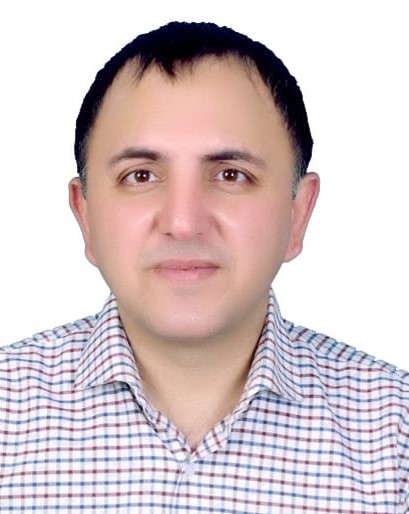
By Atiq Raja
Insecurities. The very word has an uncanny way of stirring unease. It often arrives unwelcome, riding on the shoulders of fear, or quietly nested between comparison and silence. Yet, insecurities are as intimate to our humanity as the air we breathe. They do not discriminate. They sit quietly in boardrooms, walk the school corridors, linger on red carpets, and curl up next to us when we close our eyes at night. They are not reserved for the hesitant or the unsure. Even those who stride with confidence, speak with conviction, or glow with accomplishment are not immune. In truth, we all carry them.
We are taught from an early age to polish our strengths and camouflage our flaws. But underneath the surface of every confident smile and well-crafted image, there often lies a quiet, sometimes deafening doubt. It might whisper that we are not good enough, not attractive enough, not successful enough, not loved enough. Insecurities dress in many clothes—some stitched from the threads of our past, others tailored by societal pressure, and a few handed down like unwanted heirlooms by those who once feared they were not enough themselves.
Some of these doubts have roots we can trace—perhaps to a schoolyard taunt, a failure we could not forget, a parent who expected too much, or a love that left a wound. Others are more subtle, shaped by a world that constantly offers curated perfection and unattainable ideals. In the mirror, on social media, in conversations where worth is measured in titles, followers, or possessions—we are reminded, again and again, of where we seem to fall short.
The tragedy is not that we feel insecure—it is that we learn to mask it. We become experts at distraction, experts at overcompensating. The high achiever who never feels worthy enough. The charming socialite who silently dreads rejection. The stoic who has grown too weary to show feeling. To hide our insecurities, we often overcorrect—some of us become perfectionists, others retreat into silence, and a few turn cold in an effort to never be hurt again. But pretending is a fragile protection. These shadows do not fade in darkness; they recede only in light.
To confront insecurity is not weakness—it is one of the bravest things we can do. The first step is not to conquer it but to name it. Not with shame, but with honesty. Why do I feel this way? What made me believe this? Is this doubt a truth—or simply a lie I’ve learned to believe? When we ask such questions, we begin the quiet process of reclaiming ourselves. And it is quiet. Growth does not always announce itself with fireworks. Sometimes, it comes in the form of a small act—a voice that finally speaks, a heart that opens again, a step taken despite fear. In these moments, we do not become flawless. We become real.
Real confidence is not the absence of insecurity. It is the decision to act in spite of it. To walk onstage even when your hands tremble. To share your thoughts even if your voice cracks. To love when your heart remembers every break. The people we most admire often are not the most polished, but the most sincere. Their vulnerability becomes their strength. There is power in embracing imperfection. To admit uncertainty, to reveal fragility—it is not a collapse of strength, but an evolution of it. Wholeness does not demand that we never doubt ourselves. It asks that we stop abandoning ourselves the moment we do.
Our culture often glorifies the idea of being ‘unbothered’ or ‘unshaken.’ But what if strength looked different? What if it meant being shaken—and still choosing to stand? What if the real triumph was not in being fearless, but in dancing with fear, and still moving forward? Every person you pass is carrying a weight you cannot see. That friend who laughs the loudest may be nursing silent worry. That colleague who seems endlessly composed may fear that one misstep will unravel it all. And you—reading this now—perhaps you, too, are tired of trying to appear whole while feeling anything but.
Let us then be kinder to ourselves. Let us allow the cracks to be visible, and the questions to remain open. For life is not a performance for others, but a journey to better understand and accept the truth of who we are. Perfection is not the goal—wholeness is. And wholeness does not come from silencing insecurities but from learning to live with them, gently and courageously. So the next time fear visits you, do not scold it or shut it out. Invite it to sit beside you. Listen to what it has to say. And then, when you’re ready, take its hand and dance.
(The writer is a rights activist and CEO of AR Trainings and Consultancy, with degrees in Political Science and English Literature, can be reached at news@metro-morning.com)



